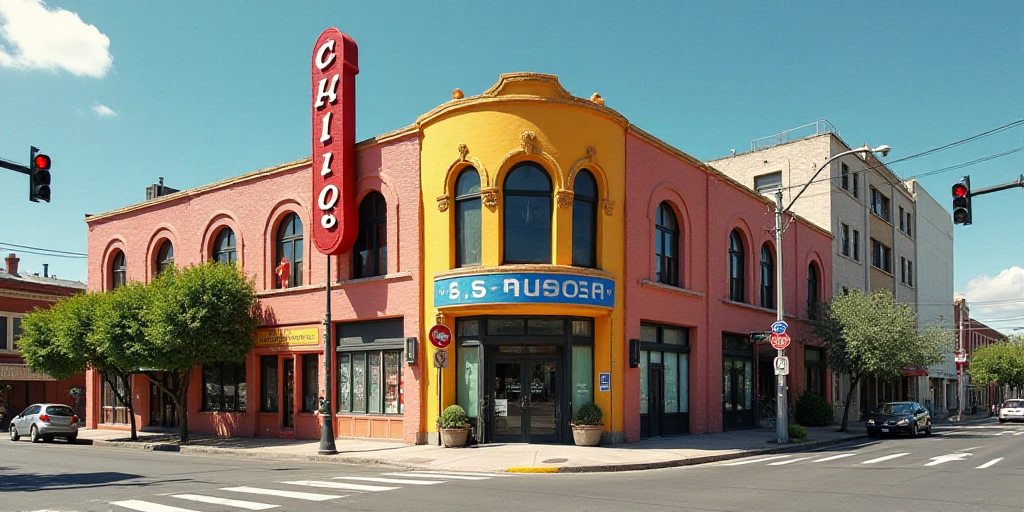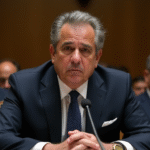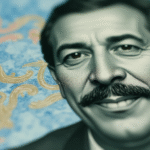Government Officials Acknowledge Widespread Irregularities in Mexican Customs
Federal government officials have acknowledged the existence of a “multitude” of improper practices in Mexico’s customs over recent years, urging lawmakers to pass the reform bill for the Customs Law to fight corruption, modernize customs, and enhance their efficiency.
Reform Aims to Boost Tax Collection and Tighten Customs Regulations
The reform seeks to increase tax collection at the nation’s 50 customs offices and strengthen regulations and penalties for customs agents to curb activities such as smuggling. This initiative is part of the 2026 Economic Package discussed in a working meeting between the House of Representatives’ Finance and Public Credit Commission and federal government representatives.
Key Officials Emphasize the Need for Customs Law Update
Carlos Gabriel Lerma, the undersecretary of revenue at the Ministry of Finance and Public Credit (SHCP), stated that the customs reform aims to combat tax evasion and avoidance, thereby increasing revenue without imposing new or additional taxes on law-abiding citizens.
Erick Jiménez Reyes, the general manager of external trade audit at the Tax Administration Service (SAT), confirmed that in recent years, the tax authority has detected numerous improper practices by importers, exporters, customs agents, and other trade participants.
Rafael Marín Mollinedo, head of the National Customs Agency (ANAM), outlined three main objectives for the customs reform: modernizing customs processes, enhancing security and transparency, and fostering competitiveness and national economic support.
Citlali Navarro del Rosario, general director of goods market access at the Secretariat of Economy, highlighted that this reform will safeguard Mexican industries by combating smuggling, undervaluation, and other practices harmful to Mexican producers.
Key Questions and Answers
- What is the main issue addressed in this reform? The primary concern is to combat corruption and modernize Mexico’s customs system, ensuring greater tax collection efficiency and security.
- Who are the key officials involved in advocating for this reform? Carlos Gabriel Lerma (undersecretary of revenue at SHCP), Erick Jiménez Reyes (external trade audit manager at SAT), Rafael Marín Mollinedo (head of ANAM), and Citlali Navarro del Rosario (goods market access director at the Secretariat of Economy) are central figures in pushing for this reform.
- What are the three main objectives of the customs reform? The reform aims to modernize customs processes, enhance security and transparency, and foster competitiveness and national economic support.
- How will this reform benefit Mexican industries? By combating smuggling, undervaluation, and other harmful practices, the reform will protect Mexican industries and support local producers.






